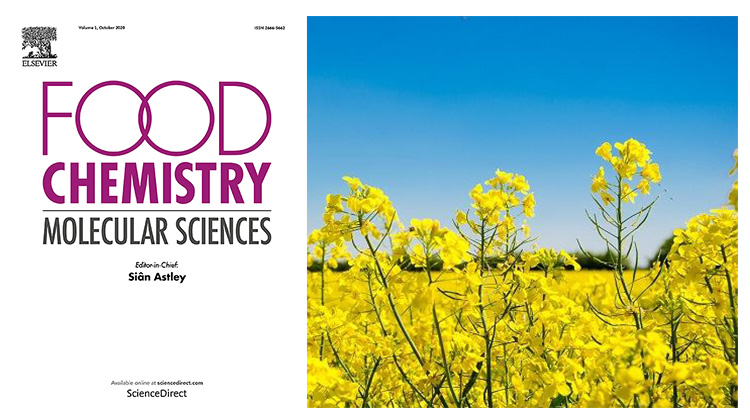Team 1 has just published a new article
+ The Brassica napus (oilseed rape) seeds bioactive health effects are modulated by agronomical traits as assessed by a multi-scale omics approach in the metabolically impaired ob-mouse
In this work, we show that rapeseed culture ducts (genotype and geography) strongly influence the quality of the seed’s micronutrients, and that in turn, this effect strongly modulates the antioxidant response of ob/ob mice that consume rapeseed extracts. These results underline the importance of cultural behaviors on the health of the consumer. They place the health of the consumer at the heart of the improvement of agronomic behaviors. This “proof of concept” study should pave the way for the study of other plants and conditions, and open up perspectives in both human and animal nutrition (reducing the use of veterinary inputs). This study is in line with the concept of global health (“one health”) and the INRAE SYALSA meta-program.
To read the full paper, head to the following link:
https://www.sciencedirect.com/science/article/pii/S2666566221000022
You have comments, questions on this work? We’ll be happy to exchange further with you.


